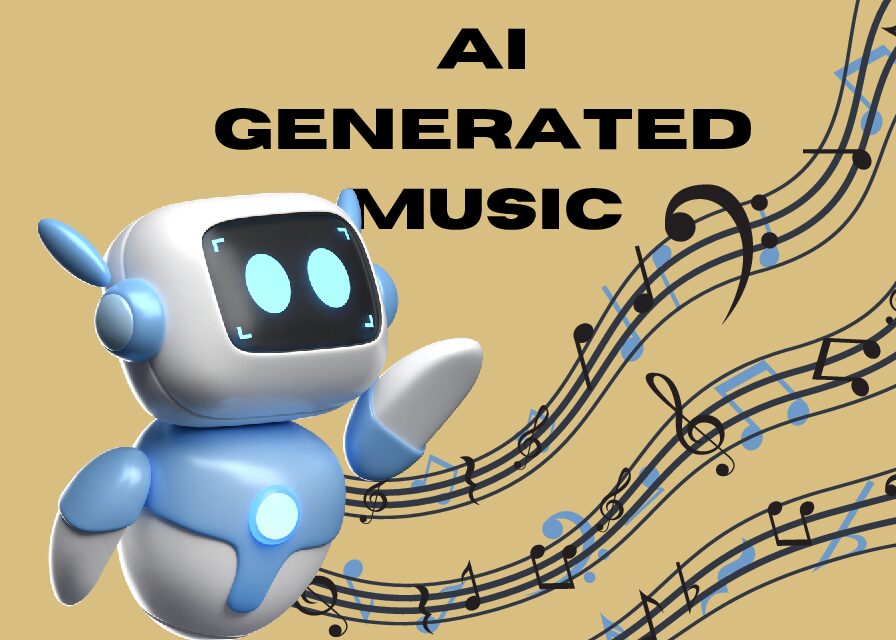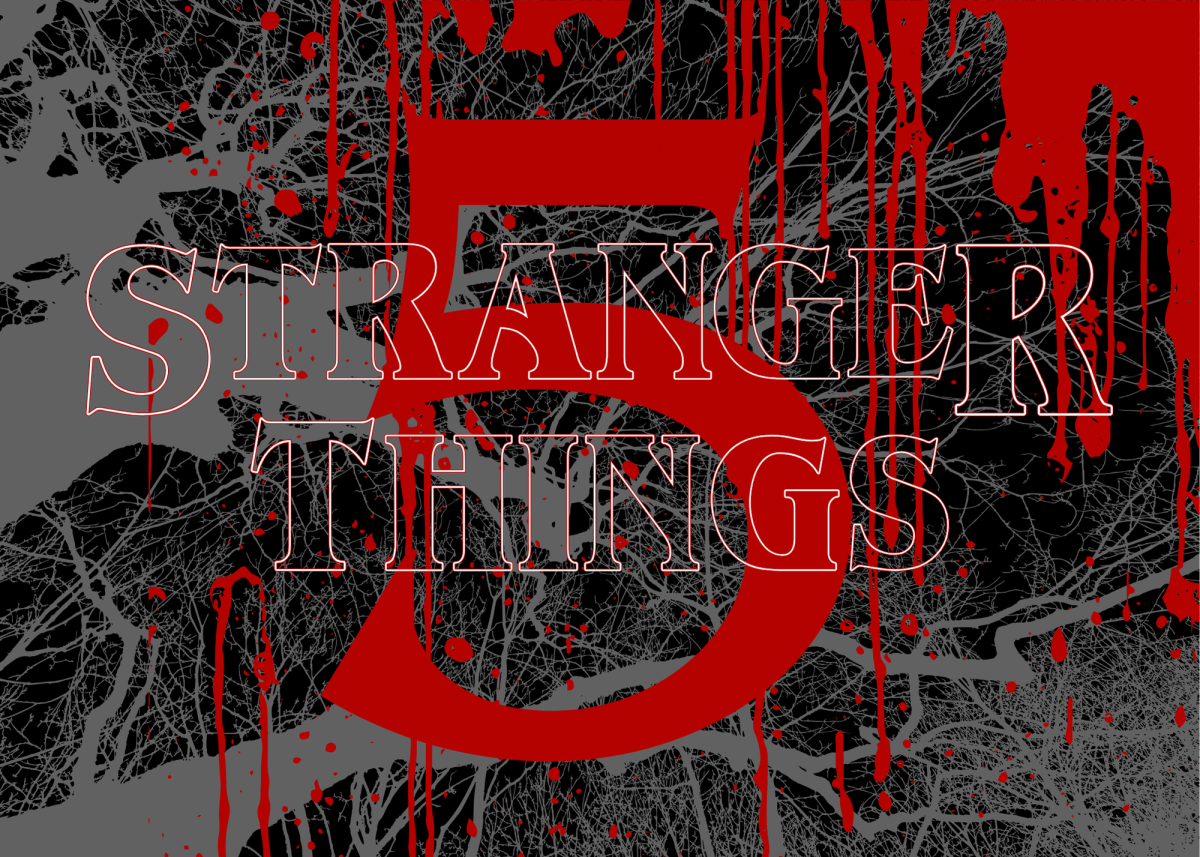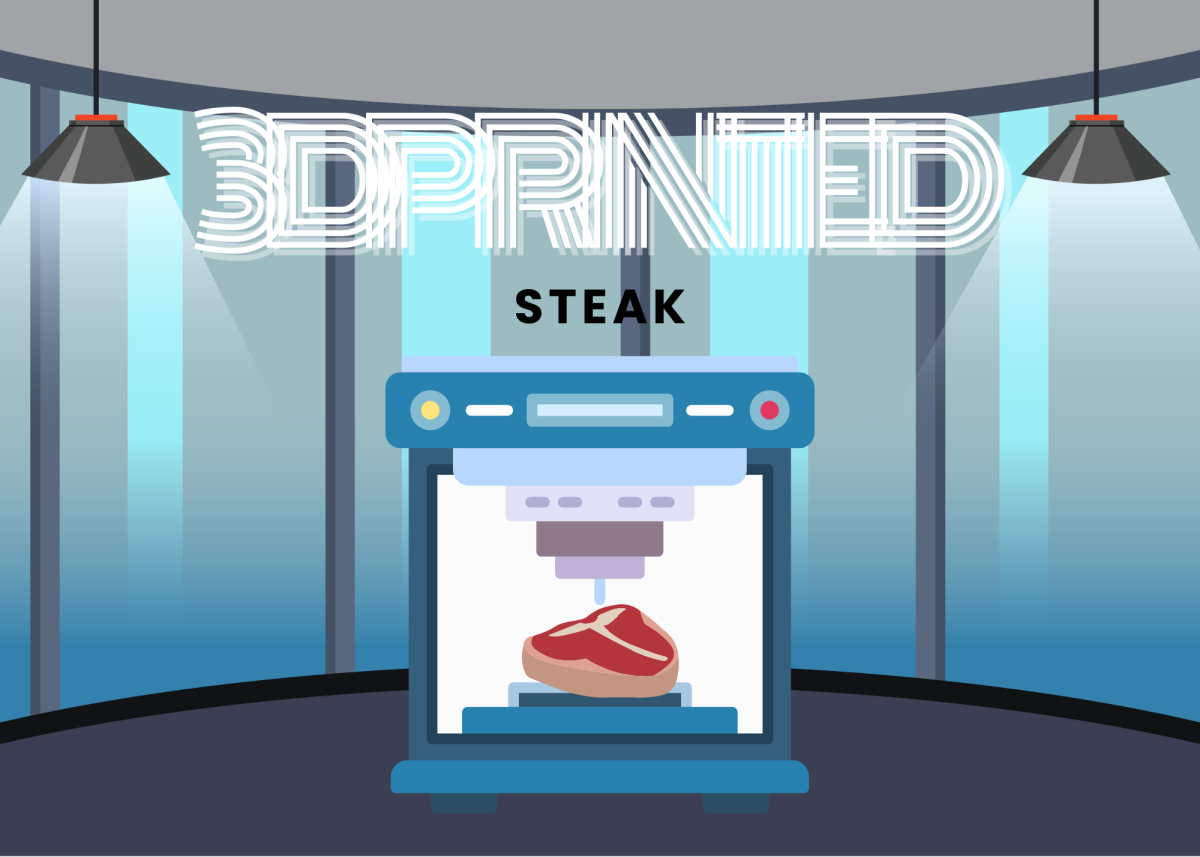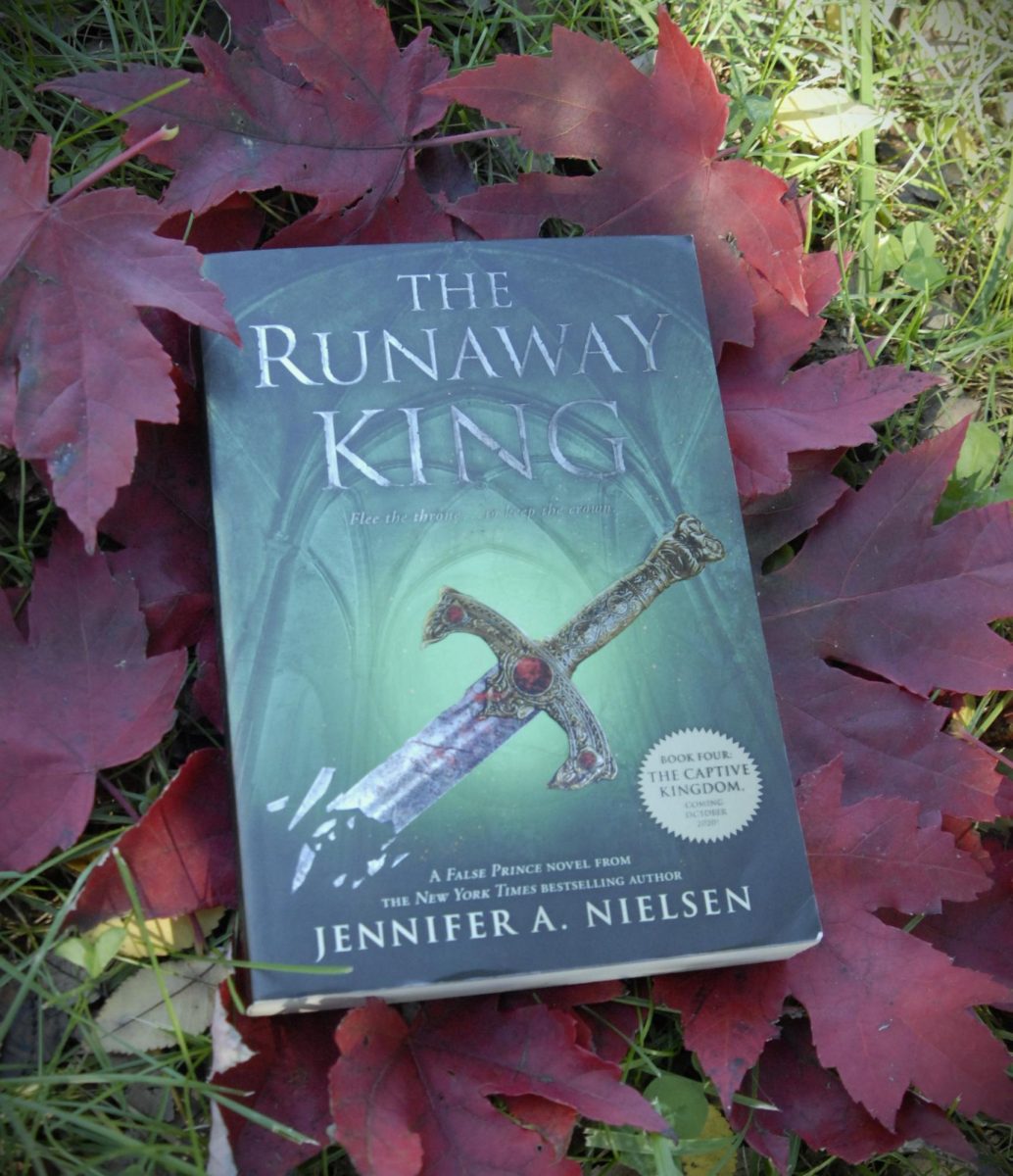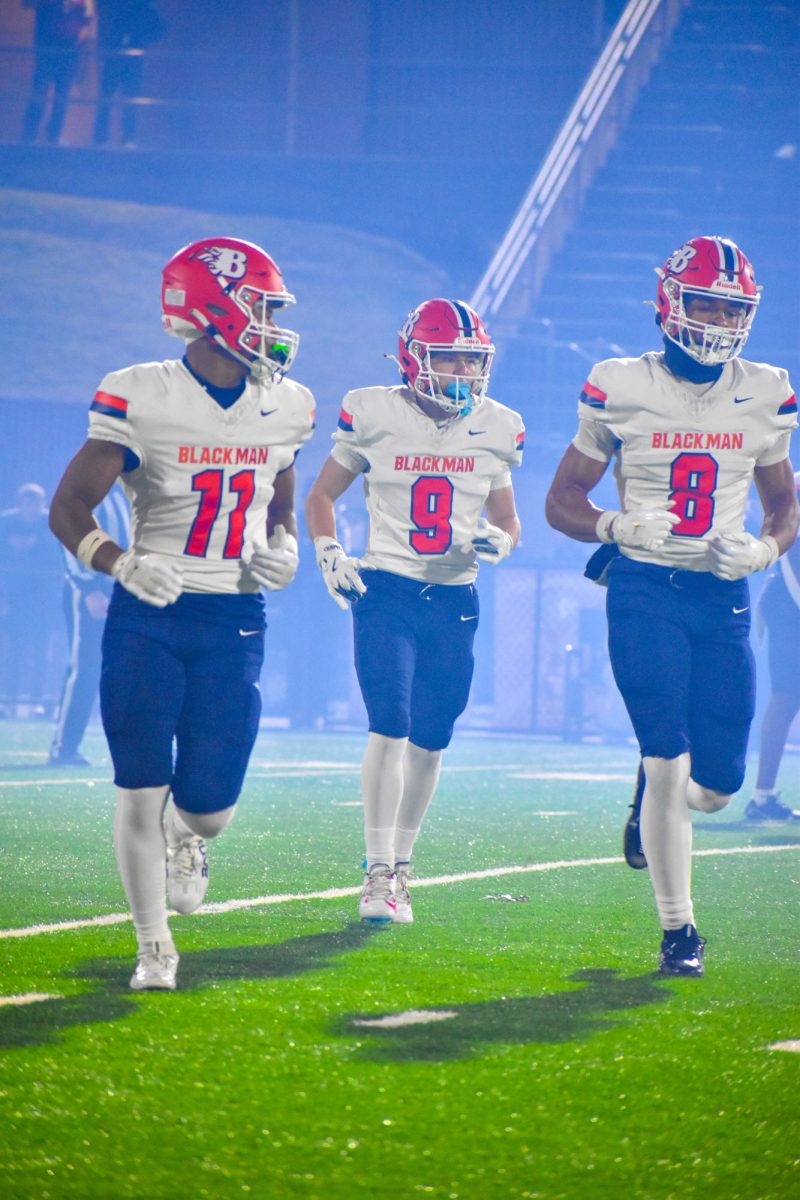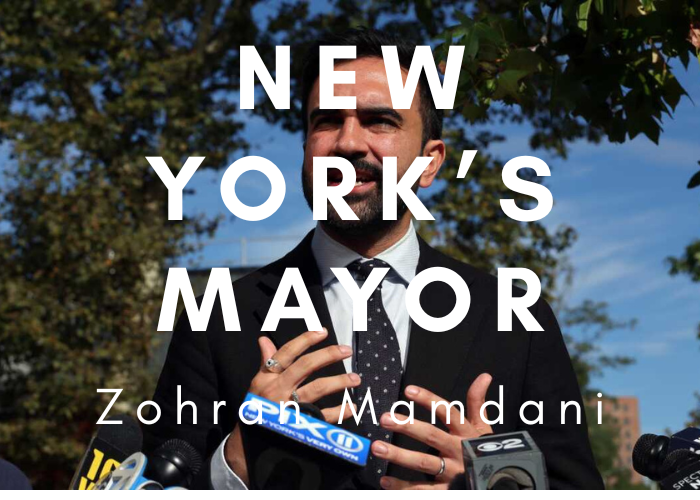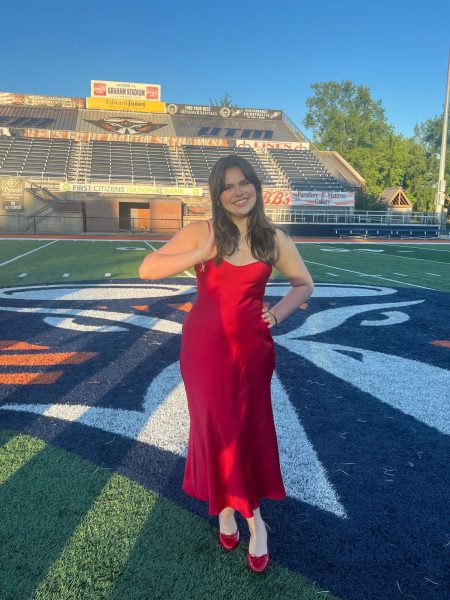Artificial intelligence has been rapidly evolving in various aspects affecting the modern world as we know it. However, one of the most unusual and innovative discoveries has been the emergent technology that mimics music tracks, exact tempo, pitch and range, also known as A.I generated music.
This type of music is created using algorithms and computer programs that can thoroughly analyze music and imitate diverse kinds of genres; consequently, having the potential to revolutionize the way music is created and experienced. While A.I is more consistent and predictable than human-generated music, it lacks originality and creativity.
Though it has potential to both harm and revolutionize music as we know it, A.I has gotten popular in most social media apps such as “TikTok,” where various covers and imitations of songs have been released and enjoyed by the public.
One of the most popular cases being when Paul McCartney, former member of the band “The Beatles,” stated that artificial intelligence would be used to finalize the last Beatles song “Now and Then,” including vocals from the late John Lennon. However, later it was clarified that nothing would be artificially or synthetically created, but the use of A.I would help clean up an old recording using a process called “stem separation.”
Not every case of A.I includes generating songs from scratch, while there are many ethical concerns, there is a variety of applications musicians can use to find new creative opportunities, from the way music is created to how it is released and beyond.
“I think it is fascinating that an A.I can generate an artists’ voice, it is fun to see the things you can do with it.” Annabelle Whitaker, a junior, commented.
Universal Music Group, the biggest music company in the world, has partnered with YouTube to launch the music A.I. Incubator, agreeing to a list of ethical values and legal concerns, allowing a bold and responsible innovation in space.
A.I has been a major factor in the writers’ and actors’ strikes, with their perspectives showing how consequential the evolution of artificial intelligence is toward the entertainment industry. One of the most debated issues is copyright and who profits from a work created using A.I.
“A.I generated music lacks that human element, it does not have that quality and it is never going to be the same as when the artist produces it.” Jonathan Ivey, a junior, stated.
Legally A.I. music is still in a gray area, and it raises multiple questions when it comes to credit, compensation and consent; however, if used correctly, A.I has the potential to completely change the way music is experienced nowadays and offer a broader and innovative opportunity for musicians.


